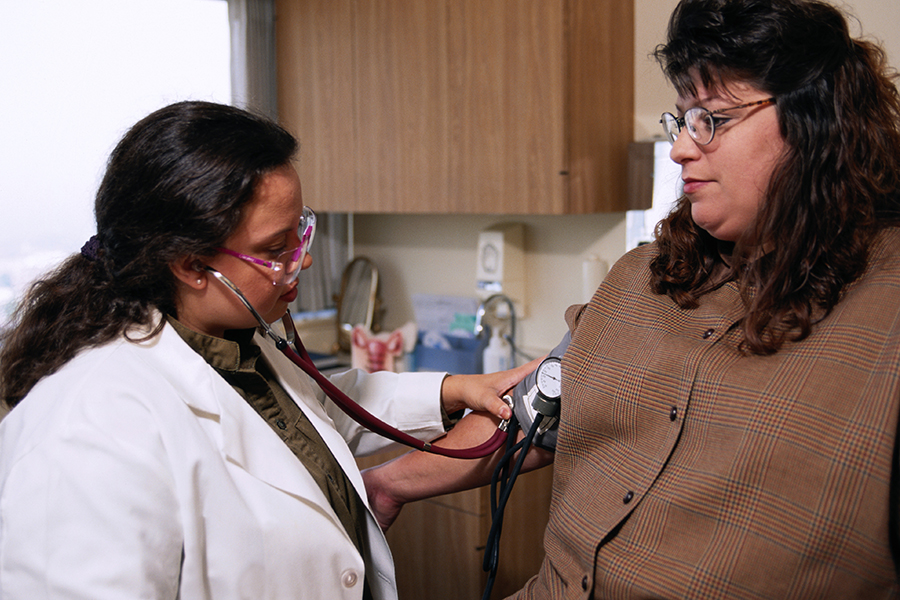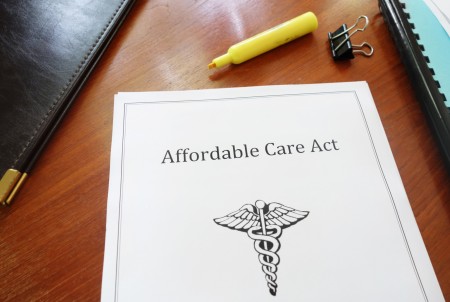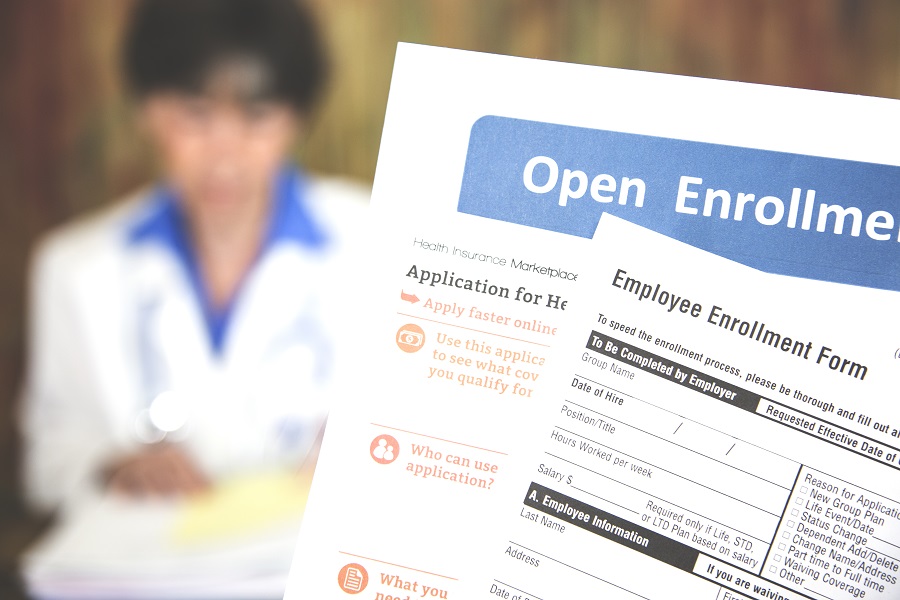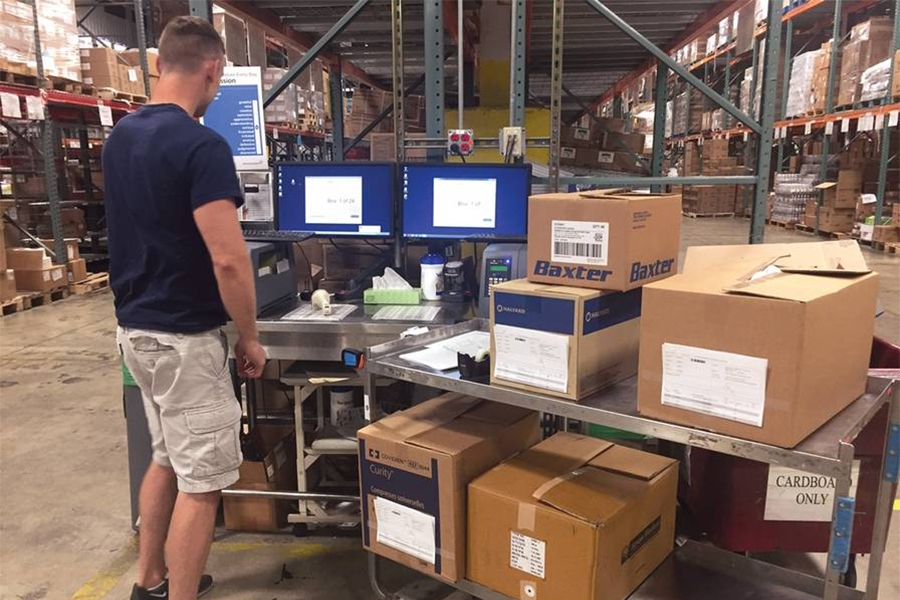By Laura Ungar for USA TODAY — January 5, 2016
Expanding Medicaid Improves Access to Health Care
Poor adults in two states that expanded Medicaid saw much bigger improvements in access to health care than their peers in Texas, which didn’t expand the government insurance program, a new study says.
The research, supported by the Commonwealth Fund and published Tuesday in the journal Health Affairs, shows that the uninsured rate dropped 14 percentage points more in Kentucky and Arkansas than in Texas. Kentucky expanded its program as called for under the Affordable Care Act, while Arkansas expanded its program through a federal waiver allowing people to use Medicaid funds to buy private insurance.
“The big message we found is an expansion — any expansion — makes a big difference compared with no expansion,” says lead author Benjamin Sommers, an assistant professor at the Harvard T. H. Chan School of Public Health.
Sommers and his colleagues surveyed two groups of low-income adults in the three states — 5,665 people altogether — in November and December 2013 and again 12 months later, the first full year after Medicaid expansion. In Kentucky and Arkansas, the share of people skipping medical care because of cost declined significantly, while the share of those with chronic conditions who got regular care went up.
The share of people who had trouble paying medical bills declined in both states, but more so in Kentucky than in Arkansas. Otherwise, the study says, “there were no significant differences between Kentucky’s traditional Medicaid expansion and Arkansas’ private option, which suggests that both approaches improved access among low-income adults.”
Both expansions — like those in the other 28 states that have chosen to expand Medicaid coverage under the ACA — extend benefits to people earning up to Medicaid 138% of the poverty level, or around $16,000 a year for an individual.
Specifically, Tuesday’s study says extended coverage translates into these improvements in access to care: In Kentucky and Arkansas, the number of adults reporting not filling a prescription because of cost fell by nearly 10 percentage points more than in Texas; the share of people struggling to pay medical bills fell by nearly 9 percentage points more than in Texas; and the share of adults with chronic conditions such as high blood pressure and diabetes receiving regular care climbed by nearly 12 percentage points more than in Texas.
John Davidson, director of the Center for Health Care Policy at the Texas Public Policy Foundation, which says it promotes liberty, personal responsibility and free enterprise, says he can’t comment specifically on the Health Affairs study because he hasn’t seen it. But he says it’s no surprise that Medicaid expansions increase coverage and access among groups that previously didn’t have health coverage, such as childless, working-age adults.
“Is Medicaid the best way to provide care for these people? I would say no,” Davidson says. “Medicaid is a program that should be for targeted groups of people,” such as low-income pregnant women, disabled residents and other groups traditionally covered by the program.
While the expansion benefits a new group, he says, “it puts a strain on the other people already in Medicaid.”
Emily Beauregard, executive director of Kentucky Voices for Health, who also hasn’t seen Tuesday’s study, says expanding Medicaid has helped her state’s low-income population overall.























